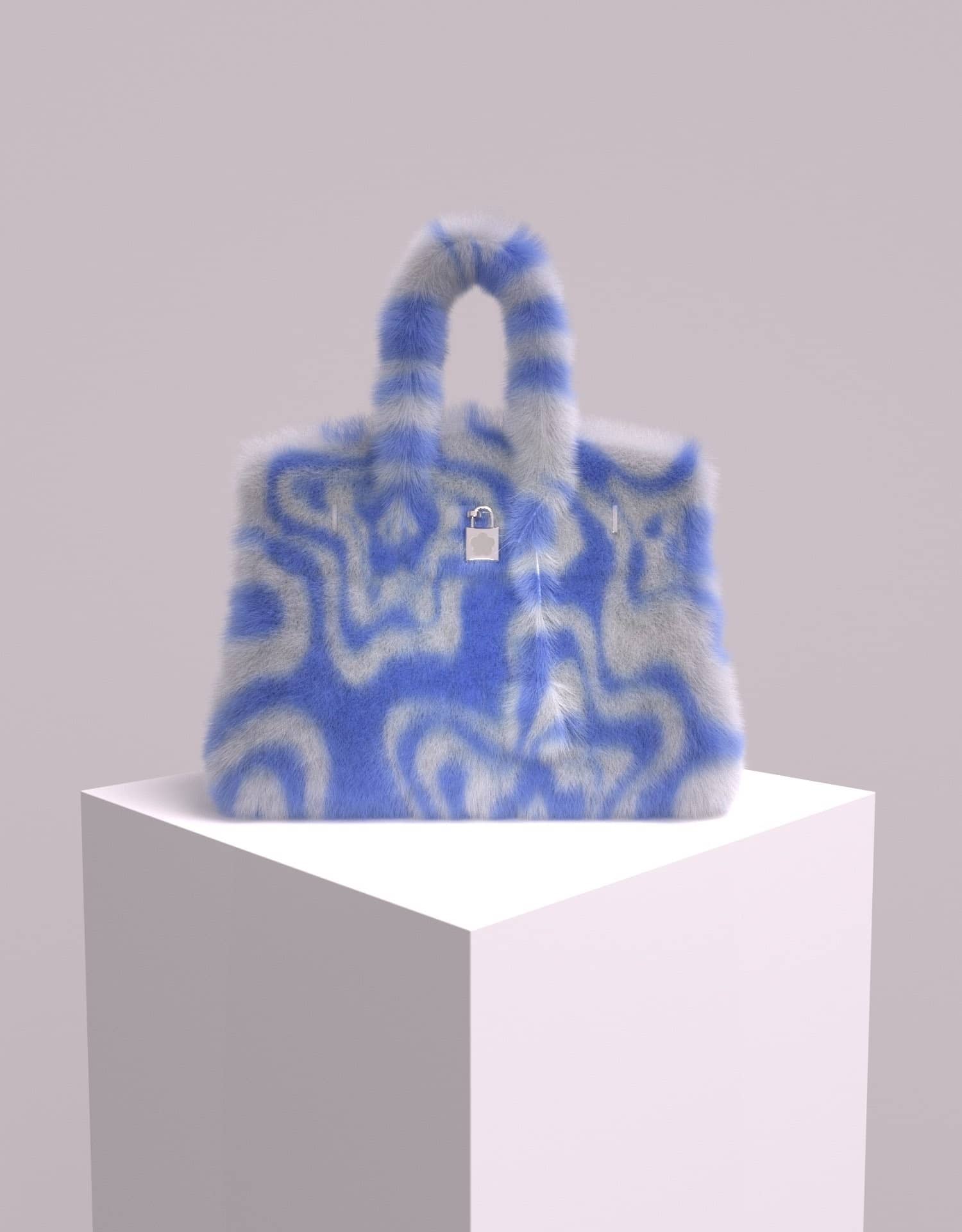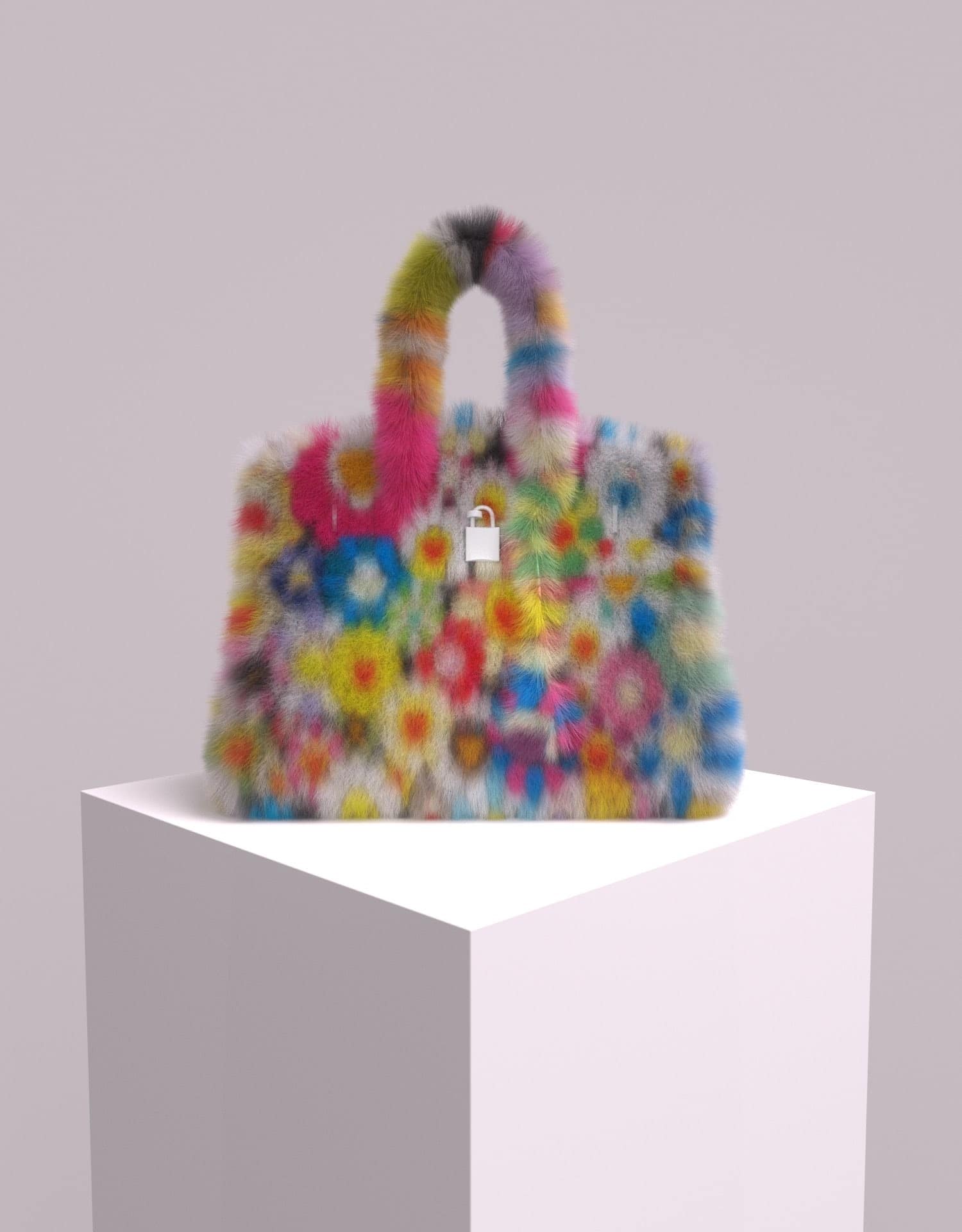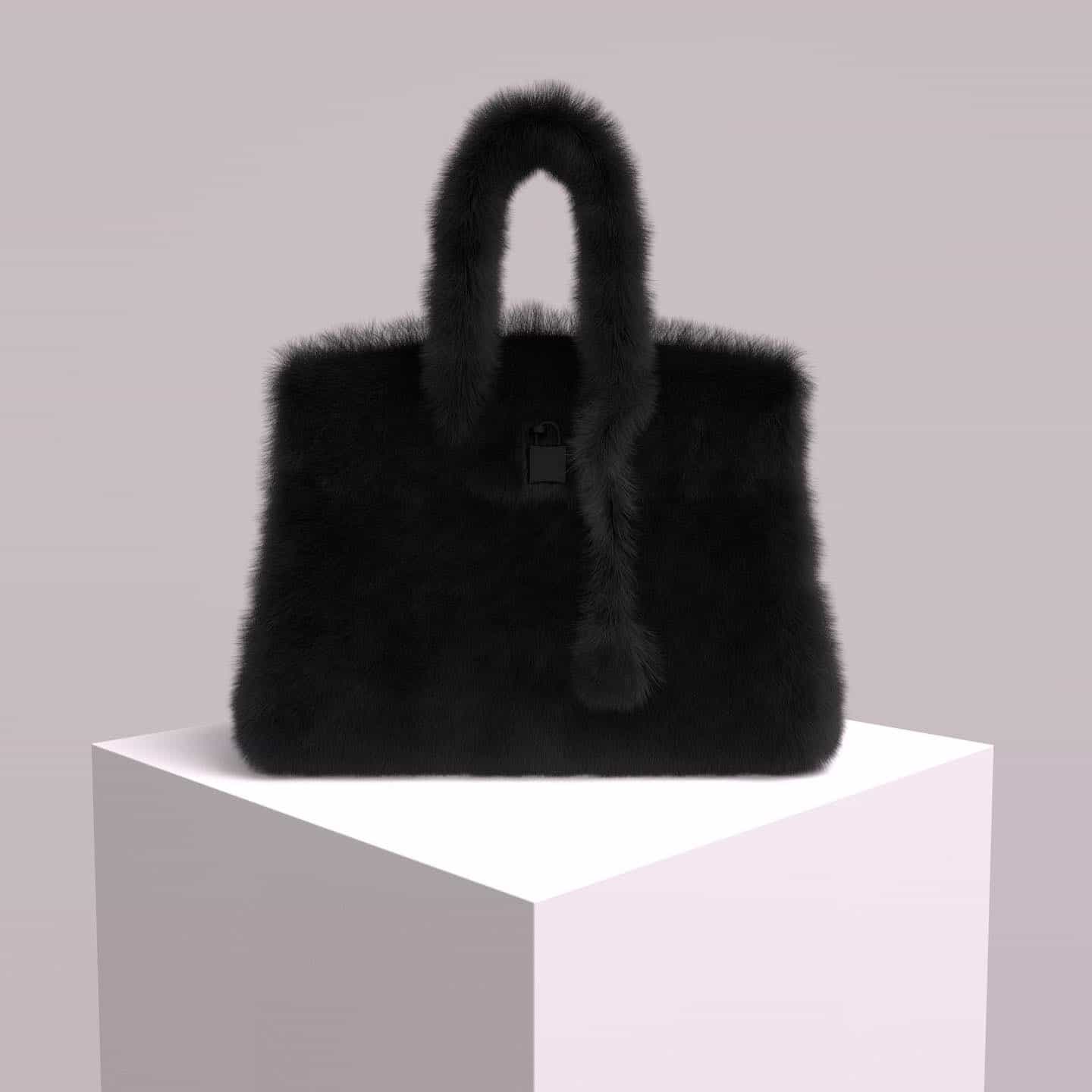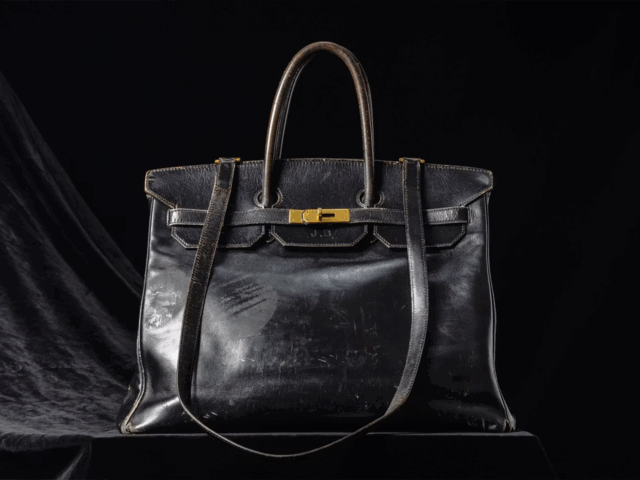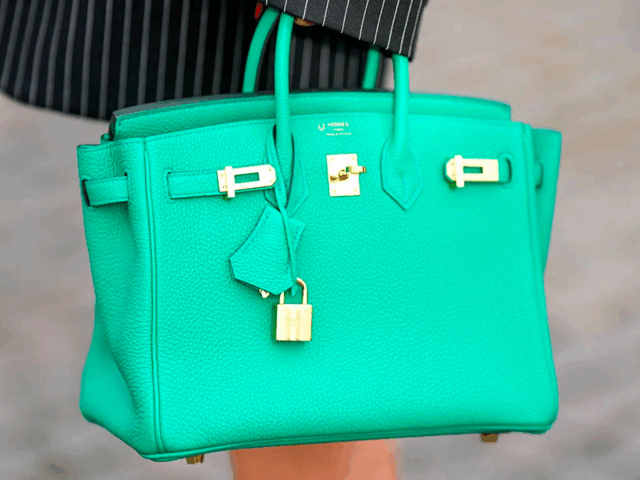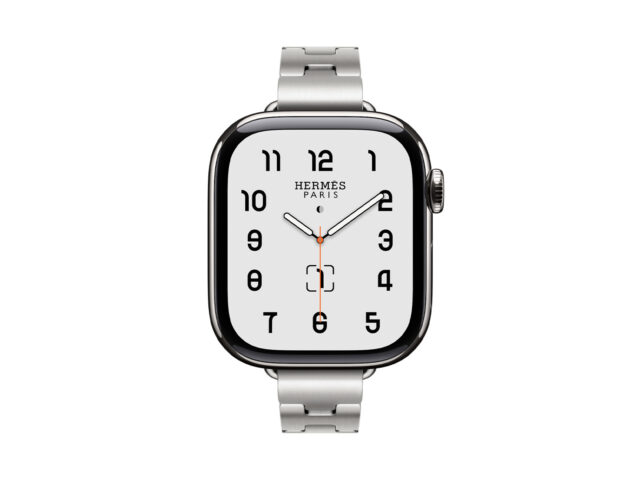The virtual revolution, the metaverse, the rise of crypto-art, blockchain technology and the obsession with NFTs project a new contemporary issue that transcends the boundaries of the physical world. It consists of the mass activation of fashion fakes by aesthetic thieves in an anarchic virtual space where intellectual property does not exist.
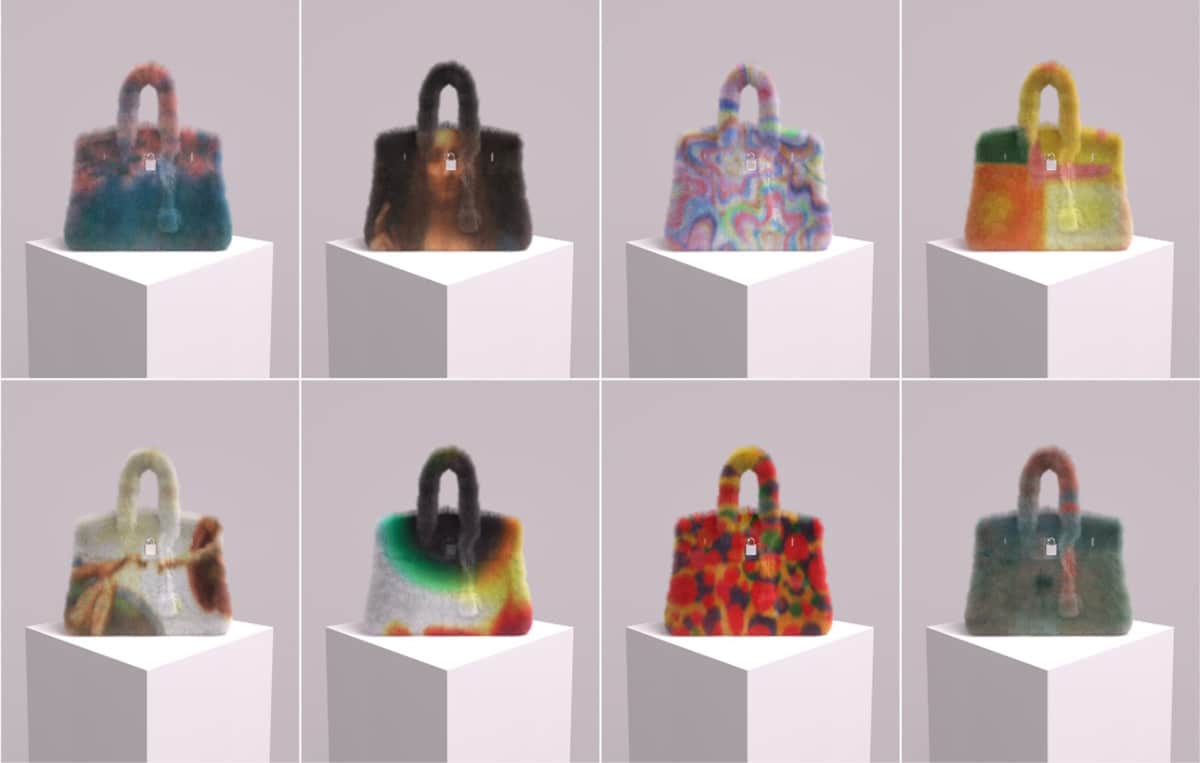
The latest case of bootlegging in fashion comes from Mason Rothschild, the inventor of the “Baby Birkin” and the “Metabirkins” at NFTs, which he sold for 200 Ethereum (about $790,000). The artist reproduced a hundred surrealist versions of the bag with faux fur, without any artistic intervention from the brand.
Hermès accused the artist of this counterfeiting, even though he could not claim it, as the brand does not belong to the NFT market. Since it was not part of that universe, and since it was registered as a leather bag and not as an image, it would not be legally considered an infringement. It would be a similar case of a legal vacuum as Supreme and Supreme Spain when the New York brand did not yet have a registered trademark in Europe, and it opened the doors wide to counterfeit.
The item that has become the holy grail of luxury is very difficult to obtain because of the exclusive and limited aura that surrounds it. As a great object of fashion desire, the Birkin stands as the key piece to render in crypto-work; something that Rothschild carried out to attract all eyes (and cryptocurrencies) through the blue light. The same business opportunity was also spotted by a number of avatars who launched their own version of the bag, selling it for even more than Mason.
THE BLACK MARKET OF THE METAVERSE
It seems that NFTs are the new frontiers of legitimate fakes: an involutionary issue that many IRL labels have had to deal with. But above all, independent/emerging designers see their creations being exactly replicated by both the high-end and low-cost sectors.
Now, in the metaverse, anyone can sign and sell an image for x amount of money, triggering a clear copyright violation. “Who owns the intellectual property of a digitally created physical product,” Ian Fitzpatrick, global director of brand strategy and operations at New Balance, said at this year’s GamesBeat summit.
As virtual fashion becomes more monetized, NFTs are entering the market with that lucrative purpose in mind. Countless brands such as Gucci, Nike and Balenciaga have already designed a series of virtual wardrobes for some digital platforms. The dilemma arises when other people appropriate their items for sale.
This gives rise to a black market for counterfeits that produces copy-paste versions of crypto-art and resells them at exorbitant prices. In the absence of regulation, counterfeits are approved from within the legal framework.
REVALUED OBJECTS IN 3D VERSION
As happened with the Birkin bag, sold as NFT for much more than its physical counterpart, the same thing happened to Gucci on Roblox. Although this time, the brand was the architect of the digital fashion project, the backlash manifested itself in the massive resale of its products.
Some gamers on the platform invested more money in buying virtual handbags from the brand than the originals cost through the “Gucci Garden Experience”: an event created by the Italian house where players could buy exclusive Gucci items. The revolution came with the resale of the Dionysus bag, which, originally priced at $3,400, reached $4,115.
The counterfeit of fashion and art is thus having its moment of apogee in the metaverse because it is not protected by intellectual property rights. If the rules on physical counterfeiting were already quite diluted, in the metaverse they don’t exist at all, opening the way to a wild space of illegal buying and selling that has little or nothing to do with the progress we were sold.
Sigue toda la información de HIGHXTAR desde Facebook, Twitter o Instagram
You may also like...
